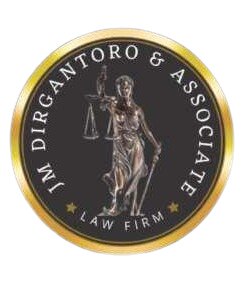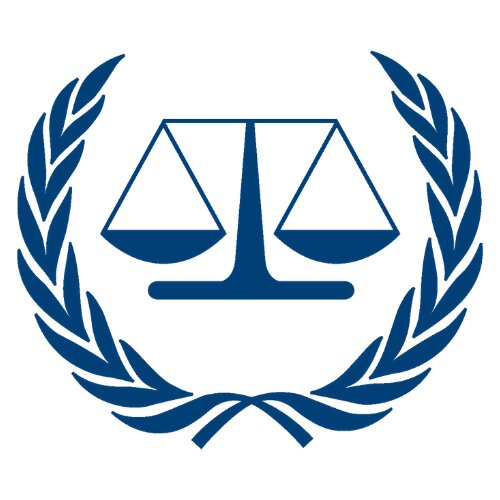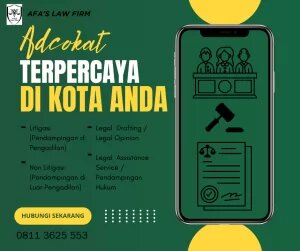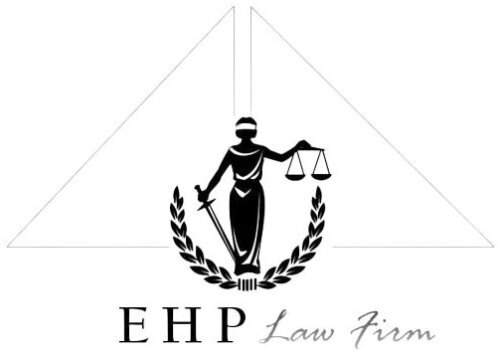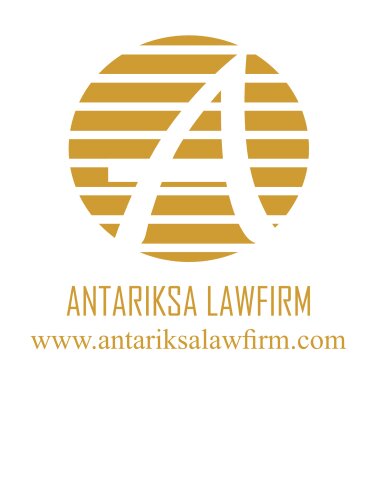Best Wrongful Termination Lawyers in Jakarta
Share your needs with us, get contacted by law firms.
Free. Takes 2 min.
List of the best lawyers in Jakarta, Indonesia
About Wrongful Termination Law in Jakarta, Indonesia
Wrongful termination, also referred to as unfair dismissal, involves an employee being terminated from their employment under unjust or illegal circumstances. In Jakarta, Indonesia, wrongful termination is governed by laws which protect the rights of employees. The laws provide regulations on dismissing workers, imposing certain conditions that must be met before an employee can be rightfully dismissed. Violations of these laws can warrant legal action.
Why You May Need a Lawyer
Legal assistance may be required in cases where employees have been terminated under controversial circumstances. This could involve breach of contract, discrimination, or when employees are dismissed without justifiable cause. A lawyer can help in understanding and interpreting the complex employment laws, represent you in negotiations and should the need arise, in court. It's also important to have a lawyer when you have been offered a settlement agreement to ensure that it is favorable to you.
Local Laws Overview
Under the Indonesian Labour Law, employers must provide valid reasons for termination and adhere to specified procedures. Special protection is also given to pregnant employees, while discrimination is strictly prohibited. Termination procedures must be negotiated in the Bipartite Body, or the Industrial Relations Court if no agreement is reached. It's crucial to note that wrongful dismissal in Indonesia can result in the employer being liable for a severance package amounting to several times the employee's monthly wage.
Frequently Asked Questions
What constitutes wrongful termination?
Wrongful termination is when an employee is dismissed from their work in a way that breaches one or more terms of the contract of employment, a statutory provision, or labor law.
What should I do if I'm wrongfully terminated?
If you believe you’ve been wrongfully terminated, you should consult a lawyer familiar with Indonesian labor law to discuss your case. They can help you understand your rights, build your case, and represent you in negotiations or in court.
Can I sue my employer for wrongful termination?
Yes, Indonesian law provides legal avenues for employees to sue their employers for wrongful termination. However, you need to consult with your lawyer to make sure you have a valid case.
Do I get any compensation for being wrongfully terminated?
If it's determined that you've been wrongfully terminated, your employer may be required to pay a severance package that can amount up to several times your monthly wage, along with other compensations stipulated by the law.
What protections are there against discrimination in workplaces in Jakarta?
In Jakarta, discrimination based on ethnicity, race, religion, sex, physical or mental condition, or social status during employment is prohibited. Special protections are also provided for pregnant employees.
Additional Resources
For more information, you may refer to the Ministry of Manpower and Transmigration's website, or to the Indonesian Labour Law Act No. 13 of 2003. These resources provide detailed information on your rights as an employee and procedures to follow when disputing a wrongful termination.
Next Steps
If you believe you've been wrongfully terminated, the first step is to consult with a lawyer who specializes in Indonesian labor law. A lawyer can help you understand your rights and the legal remedies available to you. They can also represent you in negotiations or court proceedings, should it be necessary. Remember, different cases can have different outcomes, so it's important to discuss the specific details of your case with a legal expert.
Lawzana helps you find the best lawyers and law firms in Jakarta through a curated and pre-screened list of qualified legal professionals. Our platform offers rankings and detailed profiles of attorneys and law firms, allowing you to compare based on practice areas, including Wrongful Termination, experience, and client feedback.
Each profile includes a description of the firm's areas of practice, client reviews, team members and partners, year of establishment, spoken languages, office locations, contact information, social media presence, and any published articles or resources. Most firms on our platform speak English and are experienced in both local and international legal matters.
Get a quote from top-rated law firms in Jakarta, Indonesia — quickly, securely, and without unnecessary hassle.
Disclaimer:
The information provided on this page is for general informational purposes only and does not constitute legal advice. While we strive to ensure the accuracy and relevance of the content, legal information may change over time, and interpretations of the law can vary. You should always consult with a qualified legal professional for advice specific to your situation.
We disclaim all liability for actions taken or not taken based on the content of this page. If you believe any information is incorrect or outdated, please contact us, and we will review and update it where appropriate.




